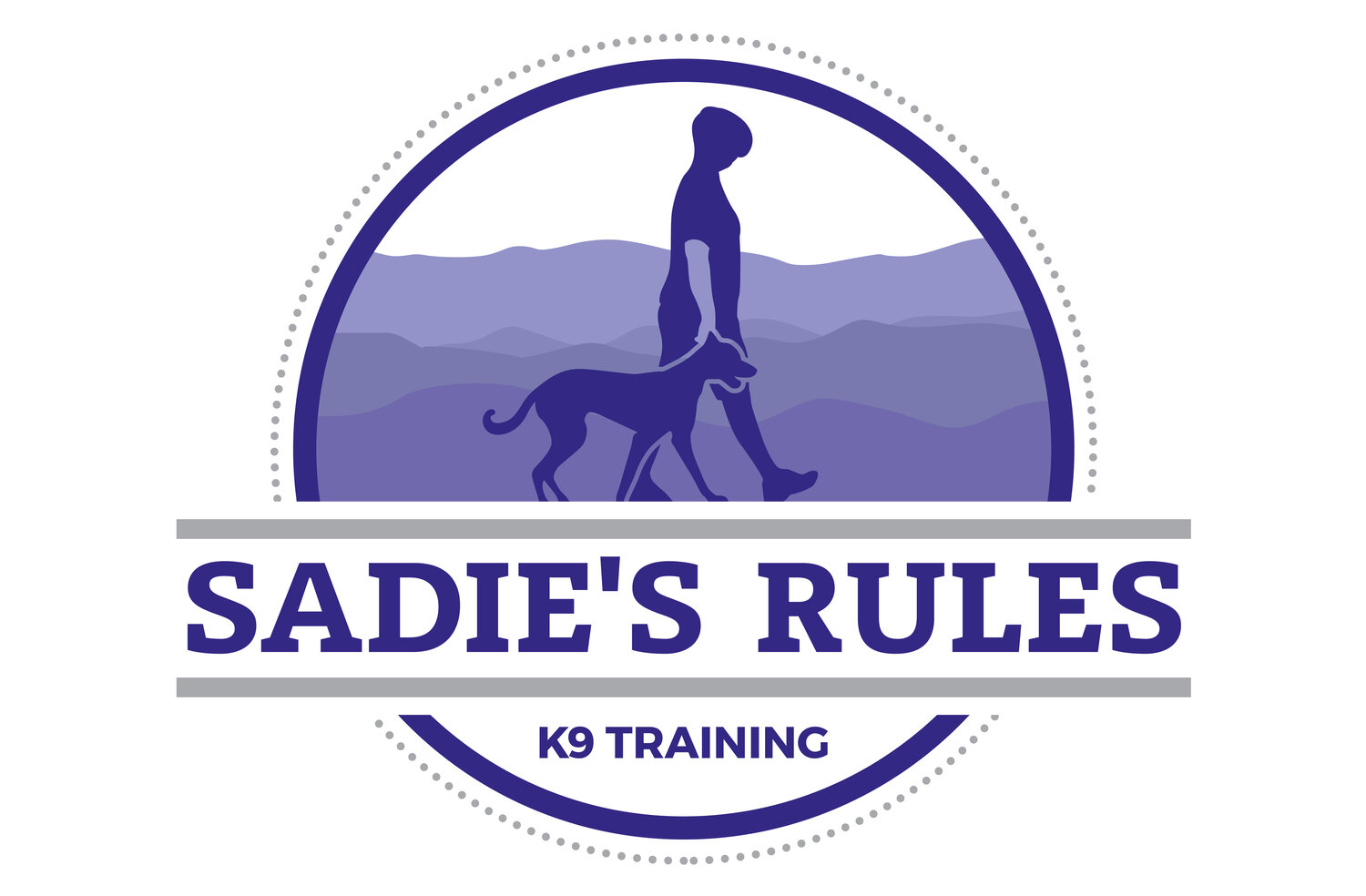You may have heard the common phrase “all they need is love.” Wouldn’t it be nice if that was true! The truth is if love is all a dog needs…
there would be far fewer dogs in shelters,
there would be far fewer dogs returned to the rescues they were adopted from,
there would be far fewer people in my inbox who love their dogs dearly but are at their wits end.
Dogs need more than love. They need to know—they deserve—to know how to live successfully in our human world. What’s off limits? What’s encouraged? What should they do with themselves? What concerns can they let go of? Imagine moving through our very nuanced, complicated human world with no information on what’s expected of you. How would you feel? When you fail to provide this information to your dog, you don’t just create bad behavior, you create anxiety as well. Dogs need to know what the rules are!
Cesar Millan’s famous phrase is that dogs need “rules, boundaries and limitations.” Here’s how I define each one, along with a few common examples:
Rules: A dog needs clarity on what’s permitted and what’s forbidden.
Playtime outside, calm time inside
Never, ever put your teeth on humans
Boundaries: What are the lines that cannot be crossed?
Thresholds - dogs cannot cross thresholds (doors, crate doors, car doors, gates) without permission
The place bed/cot/mat - the edges of whatever object a dog is placing on constitute a boundary that cannot be crossed without permission
Certain areas - you may have areas in your house that your dog needs permission to enter
Limitations: What forms of excess are not allowed?
Arousal is limited
Affection might be limited in certain cases
Food is limited - you’ll always get enough, but not too much
If “rules, boundaries and limitations” doesn’t jive with you, there are other ways to think about rules in relation to your dog. Sean O’Shea, one of my original dog training mentors, puts it this way: affection and discipline must be balanced. If you’re a 10 out of 10 in affection, you better be a 10 out of 10 in discipline. If you don’t want to be a 10 in discipline you don’t have to be, but that means you’ll need to lower your affection level accordingly. You can substitute the word “discipline” for “accountability” if you’d like.
Everybody wants a “good dog” but not everyone can have one. At the end of the day, it’s not genetics, or luck, or how you raise them, or even training that makes a ‘good dog’. It’s the willingness to create and enforce rules.
I encourage you to love your dog with everything you’ve got, but don’t let that be all you do for your dog. Meet the rest of your dog’s needs by providing the clarity, structure and accountability that they need. It might sound daunting, but I promise you can do it. Reach out if you need help.

